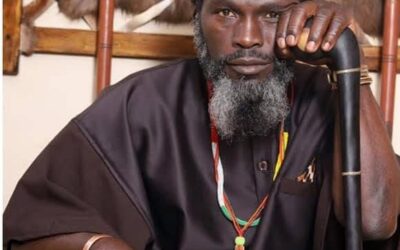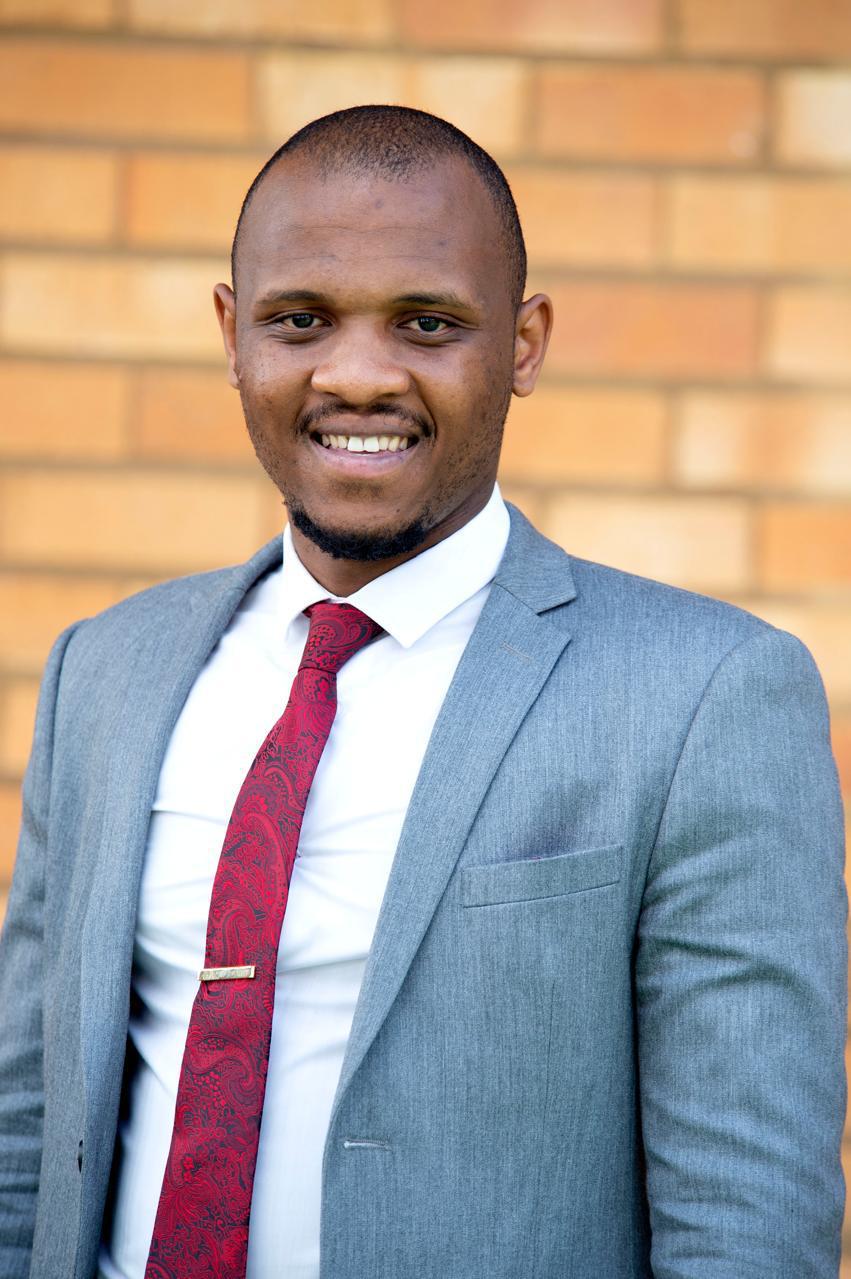By Bafana Phalane, editor and founder
For nearly two decades, the residents of Hammanskraal have endured a crisis that exposes the government’s failure to uphold its promises and responsibilities. Dirty water—a life-threatening and basic necessity—has become a grim symbol of neglect, corruption, and inefficiency. The people of Hammanskraal have suffered long enough, and their ongoing plight highlights a grave indictment of the state’s failure to protect its citizens.
The issue of water in Hammanskraal is not new. It has persisted despite numerous public outcries, political promises, and budget allocations. The heart of the crisis lies in the Rooiwal Waste Water Treatment Plant, a facility that has consistently failed to do its job: provide clean, safe water to the community. Instead, the plant has been releasing raw or semi-treated wastewater into the Apies River, the main water source for Hammanskraal. This water, laden with contaminants, is unfit for human consumption and has had severe health consequences for residents. Cases of diarrhoea, cholera, and other waterborne diseases have been reported, with women and children bearing the brunt of this preventable disaster.
Over the years, politicians have descended on Hammanskraal with promises of swift action and change. During election cycles, the community is bombarded with assurances of clean water and infrastructure upgrades. Yet, once the votes are counted, these promises evaporate into thin air. Millions of rands have been allocated to address the water crisis, but there is little to show for it. Instead of progress, residents are left with frustration and despair.
The inconsistence between Hammanskraal and neighbouring Pretoria is rather disappointing. In Hammanskraal, over 30% of households rely on pit latrines without ventilation pipes, and 4.4% lack sanitation facilities altogether. Meanwhile, Pretoria boasts near-universal access to flush toilets and modern sanitation. This contrast is not just a matter of geography; it is a reflection of systemic neglect and inequality. The people of Hammanskraal are treated as second-class citizens, their basic rights disregarded in favour of political expediency.
Corruption has played a significant role in perpetuating Hammanskraal’s water crisis. The tender to upgrade the Rooiwal Waste Water Treatment Plant was awarded to Edwin Sodi, a businessman with a checkered history and close ties to the ruling African National Congress (ANC). Sodi, who has faced multiple allegations of graft, failed to deliver on the contract. Despite the millions of rands funnelled into the project, the treatment plant remains dysfunctional, and the water remains undrinkable.
The Special Investigating Unit (SIU) has completed the first phase of its investigation into the Rooiwal tender. However, progress has been slow, and justice remains elusive. Delay tactics and political interference have only exacerbated the suffering of Hammanskraal’s residents. The lack of accountability and consequences sends a clear message: the lives and health of ordinary citizens are disposable in the face of political and financial gain.
Behind the statistics and political rhetoric are real people whose lives have been destroyed by the water crisis. Mothers are forced to boil water to protect their children from disease, a process that is neither foolproof nor sustainable. Families must spend money they do not have on bottled water, while others are left with no choice but to drink the contaminated water. The physical toll of waterborne diseases is matched only by the psychological strain of living in a community that feels abandoned and voiceless.
The youth of Hammanskraal grow up in an environment where basic services are a luxury, not a right. This deprivation fosters a sense of disillusionment and mistrust in government institutions. How can young people believe in a brighter future when their present is marred by such indignity?
The government’s treatment of Hammanskraal’s residents is nothing short of a national disgrace. Clean water is not a privilege; it is a fundamental human right enshrined in South Africa’s Constitution. The continued denial of this right is a violation that demands immediate redress.
President Cyril Ramaphosa and his administration must prioritize this crisis and hold the responsible parties accountable. Ministers and officials must provide transparent progress reports and adhere to strict timelines for resolving the issue. The Rooiwal Waste Water Treatment Plant must be urgently rehabilitated, and measures must be put in place to ensure sustainable, long-term solutions. Moreover, those implicated in corruption and mismanagement must face the full force of the law. The people of Hammanskraal deserve justice, not just for the past two decades of suffering but for the generations that will follow.
The residents of Hammanskraal are not asking for favours or handouts. They are demanding what is rightfully theirs: clean, safe water and the dignity that comes with it. The government’s failure to address this crisis is a stain on South Africa’s democracy and a betrayal of its founding principles.
Enough is enough. The time for words and promises has passed. What is needed now is decisive, meaningful action. The lives and health of Hammanskraal’s residents hang in the balance, and the government’s response—or lack thereof—will be remembered as either a turning point or a damning indictment of its priorities.
The people of Hammanskraal deserve better. They deserve leaders who listen, act, and deliver. They deserve clean water, dignity, and justice. It is time for South Africa to stand with Hammanskraal and demand accountability. Anything less is unacceptable.
Bafana Phalane (Editor and Founder at Maverick Point)








13 thoughts on “Hammanskraal’s Water Crisis: A Tale of Neglect, Corruption, and Broken Promises”